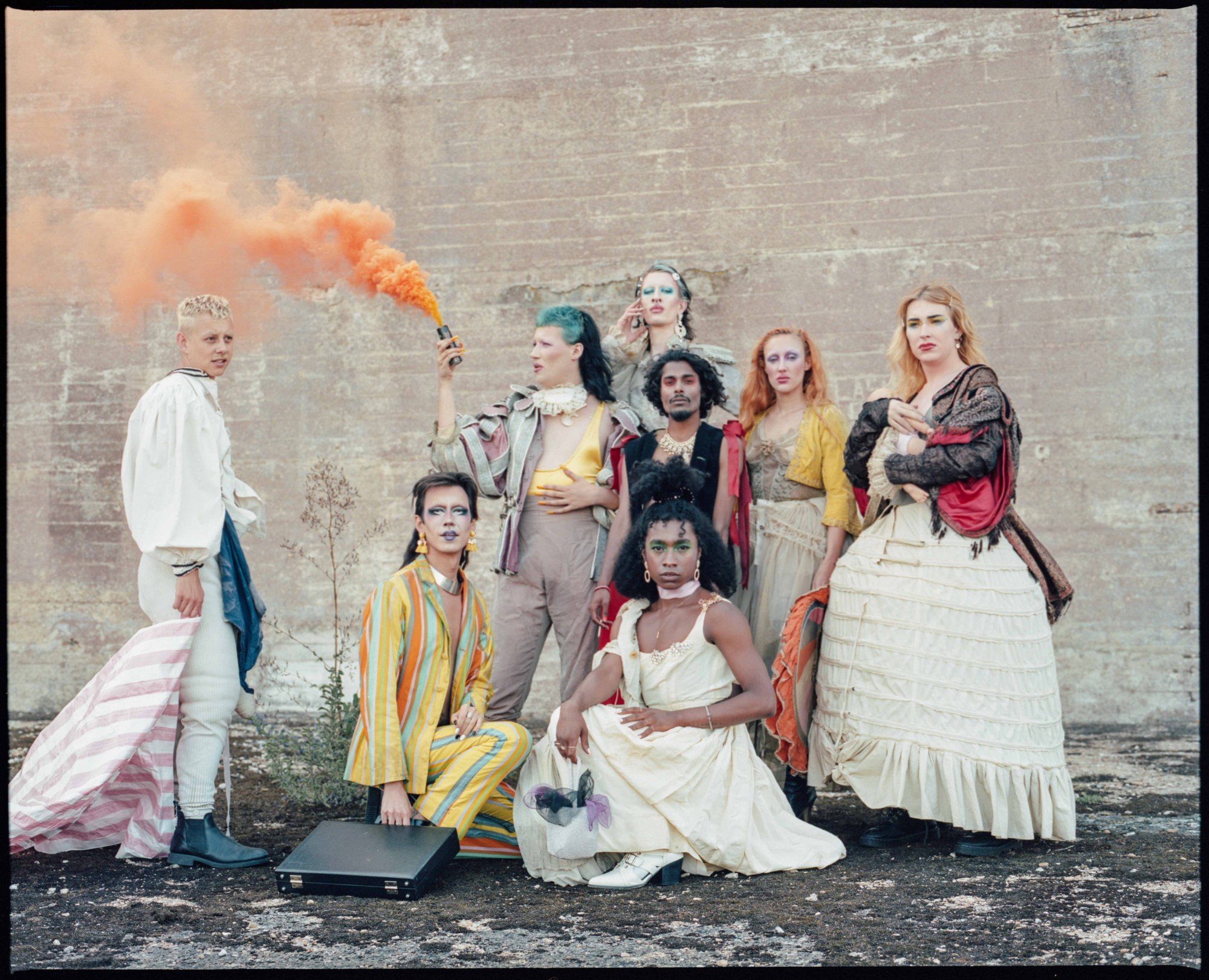In 1988, Margaret Thatcher’s government introduced Section 28, an amendment made to the law that barred the promotion of homosexuality, the acceptance of it as a family relationship or the publishing of any materials on the topic of it by local authorities. It was the first homophobic law to be introduced in the UK in over a century and was in part motivated by a “moral panic” over the AIDS crisis and a British population where two-thirds believed homosexuality was “always wrong”, according to the British Social Attitudes Survey of 1987. The law was eventually removed in 2003 with David Cameron issuing an apology on behalf of the government to the LGBTQ+ community in 2010. Yet for many, its destructive memory still lingers.
As a result of Section 28, many Millennials and Gen Xers were left without any understanding of queer issues, whilst teachers failed to stop homophobic bullying in schools, fearing for the security of their jobs if they did. In a recent episode of Drag Race UK, Davina DeCampo spoke candidly about growing up during this time. “It just erased gay people completely,” Davina said. “There was no discussion around it and so you have no understanding, as a gay person, that there can ever be a different way of living.”
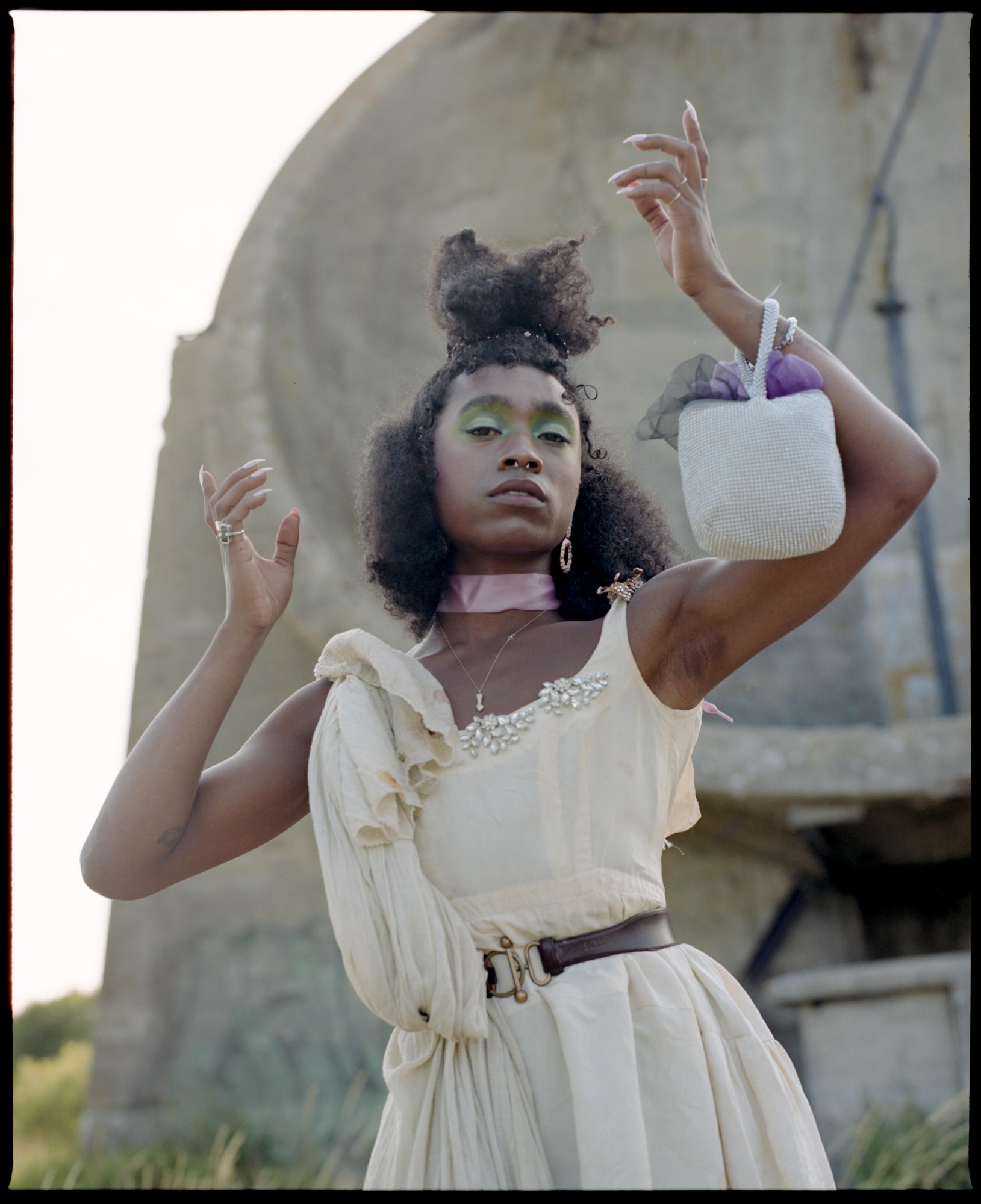
In his new short film, London-based director Joseph Wilson reimagines the what the reality of queer people during the late 80s and 90s could have been like if they were instead banished from the UK. Entitled Il-Widna, a term for the sound-mirrors built during World War I to detect incoming aircrafts, the film follows a group of warriors left to fend for themselves on a remote island. “Il-Widnas are amplifiers, and have significance in the film as they amplify our collective, queer voice,” Joseph says. As a community of queer and non-binary people stand before the sound mirrors, they fight back at Thatcher and all those attempting to silence them.
With a recording of an infamous speech of Thatcher’s running throughout — voicing her disdain that children are “being taught they have an inalienable right to be gay” — the film juxtaposes the harsh reality of this policy with the unbridled creativity and optimism of those effected by it. For Joseph, “the film is for anyone who may not have heard about the clause, to help them understand our journey as a minority culture.”
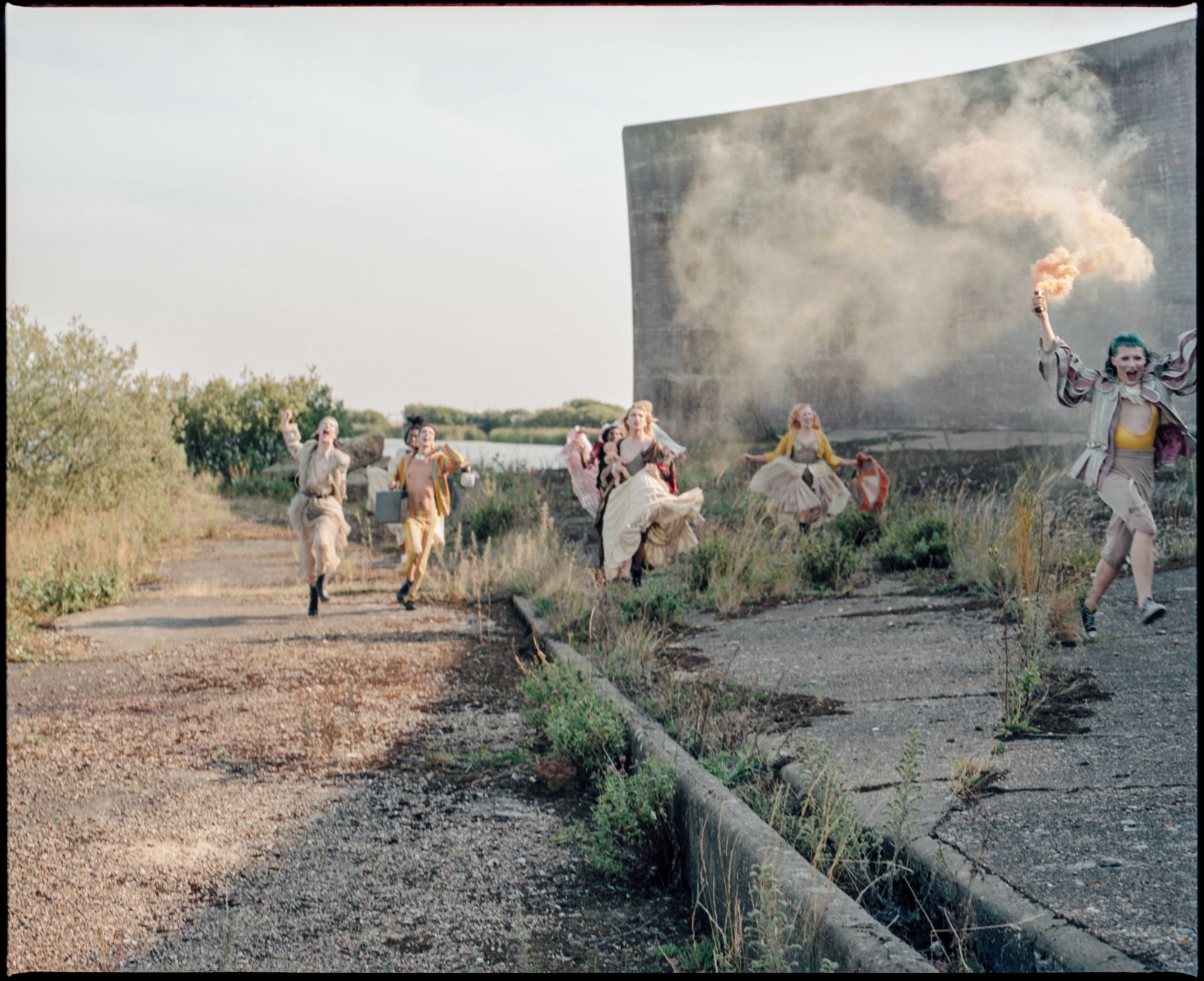
For Gen Z, things are a little better. Though discussions around LGBTQ+ inclusive relationship and sex education has improved, important and necessary topics are still rarely covered. A 2017 Stonewall report found that 40% of current UK pupils have never been taught about homosexuality — the figures even higher for bisexual or trans identities — and 90% have had no teaching on safe sex for same-sex couples whatsoever.
We’re also living under the most homophobic PM in the country since Thatcher herself. “To not teach children about LGBTQI+ is to shield them from a part of the world, to enable ignorance which leads to fear” says Joseph. “If children are old enough to shame an LGBTQI+ person then they are old enough to be presented with facts and reason.”
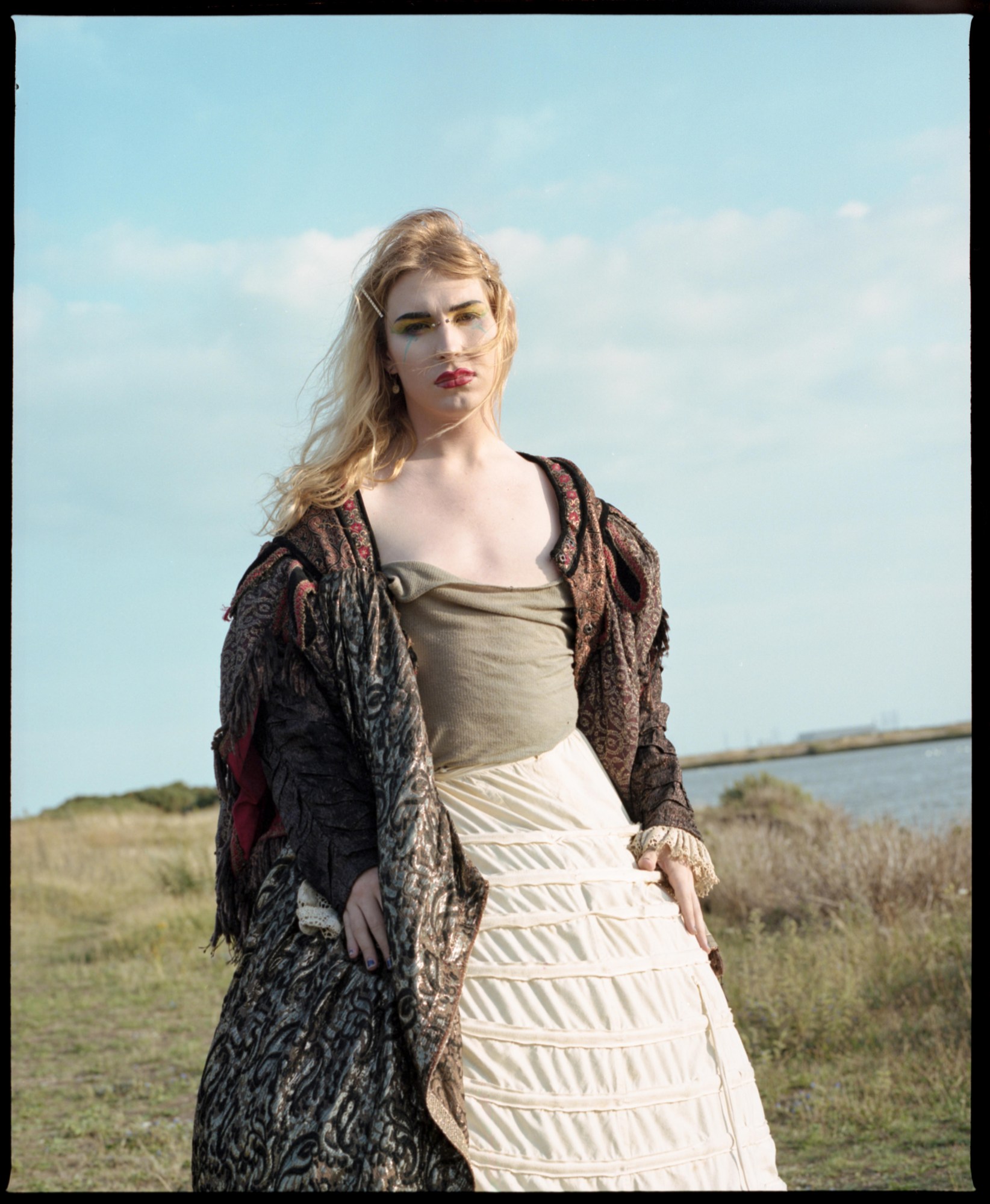
The power within Joseph’s film is its queer middle finger pointed right in Thatcher’s direction and everything her government represented. “The whole point of the law was to ban people from promoting homosexuality” points out Joseph. “Now I have the platform to promote it, I see it as my responsibility to use my voice to educate, empower and inspire people from within the queer community.”
And Joseph’s not the only one, according to TeachFirst, the number of LGBTQ+ teachers rose by 4% between 2014 and 2018, many stating their own lack of queer inclusive education being a large factor. “Educating on oppressive events such as Section 28 helps people understand the importance of things such as pride and gay marriage,” says Joseph. “No matter what regulations society tries to enforce on us, we will never stop celebrating our queerness and fighting for, not only visibility, but basic human rights.”
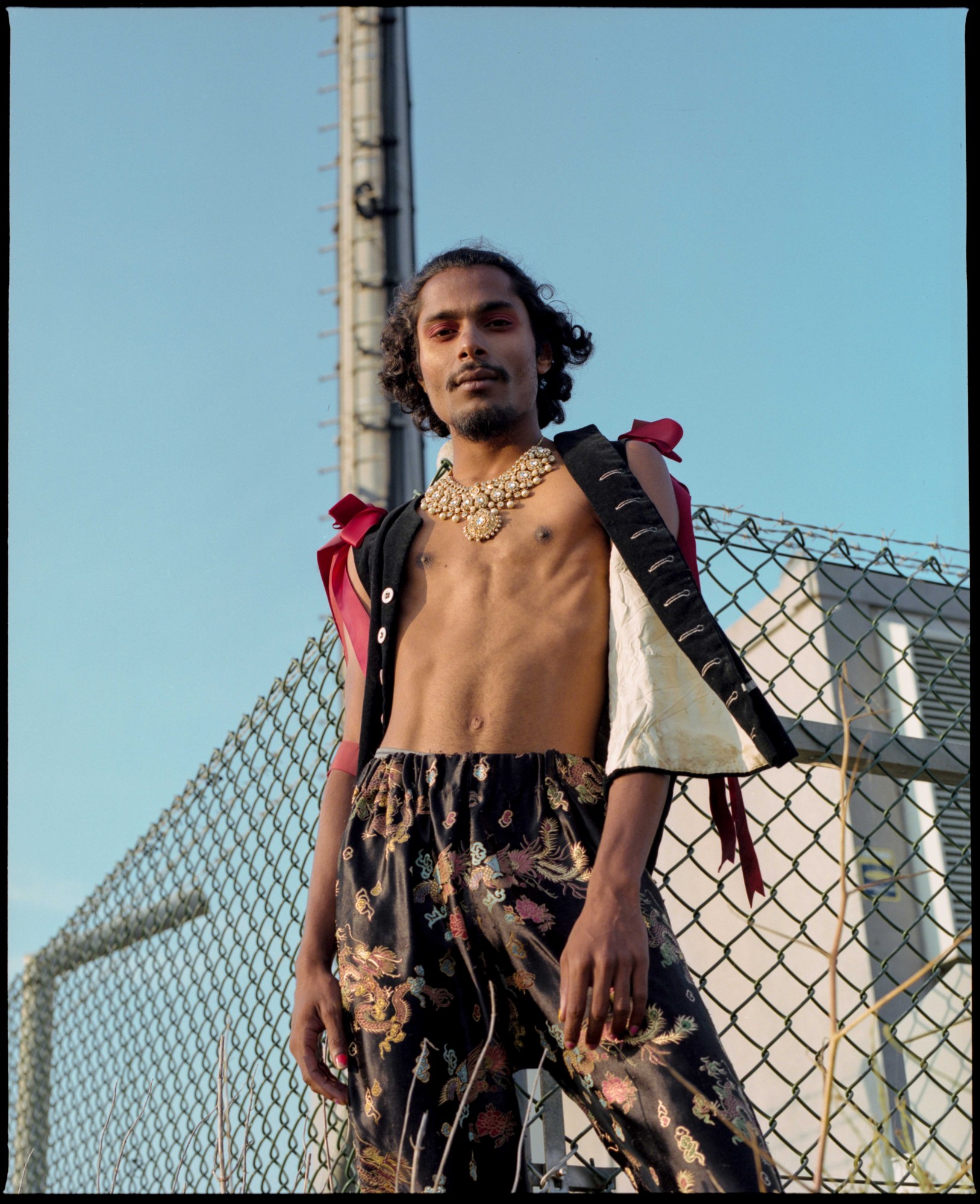
In his spare time Joseph practices drag, an art form he says allows him to channel empowerment into his day to day life. “Drag has allowed me to live out the most exciting and precious moments that I wouldn’t have been able to were it not for this colourful disguise,” he says.” We are painting ourselves with a facade, showing our true selves without fear of rejection.” This is also why he had the film’s cast do their own makeup. “Makeup allows you to create the image we want to be seen in. It acts as a mask but also as a stepping stone into who you are”. Seeing queer people project their queerness, and show off exactly who they are, is the anthesis of what Section 28 set out to achieve.
Laden with queer iconography, Il-Widna feels like essential viewing for anyone who feels their school doesn’t offer them an adequate education in such history. From the image of the pink triangle that began as a badge of shame for homosexuals in Nazi prison camps — later reclaimed by ACT UP who fought for medical and legal action on the AIDS crisis — to the film’s setting of Dungeness, a homage to queer filmmaker Derek Jarman, it’s an all-encompassing look at queer history. All the more so considering Joseph and many others are currently fighting to protect Derek’s cottage on Dungeness. “Having very few queer role models myself, the town is a special place for me to visit and celebrate his life.”
Credits
Photography @ro_murphy
Film director @josephwilsonfilms
